Former Ambassadors Iwao KITAHARA and Yoshitaka HANADA joined in the lively discussions. (Reported by Taketo Yamaguchi)
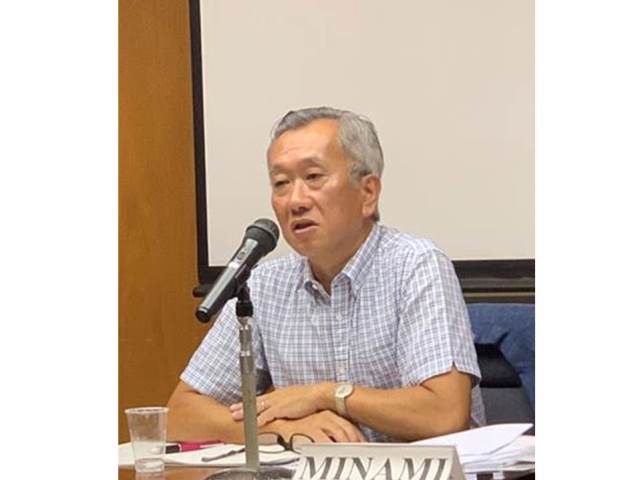
Following an introduction by Secretary-General Tanimoto, Ambassador Minami presented his views on several issues including the reconciliation Timor-Leste made with Indonesia, the political situation and the sustainability of economy. The details of his presentation are shown in the Japanese version.
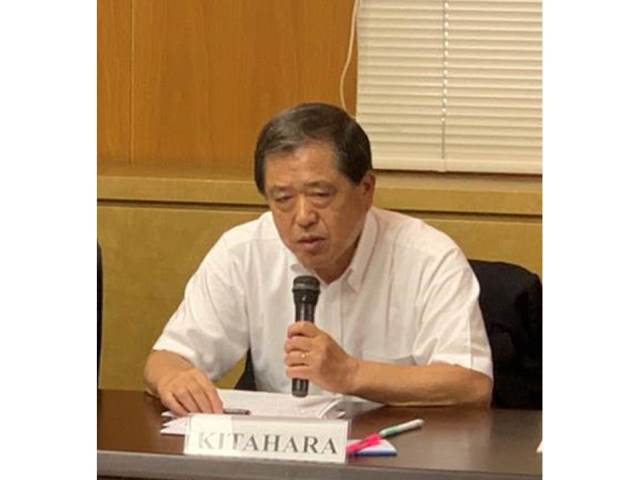
Ambassador Iwao Kitahara then spoke about the successful reconciliation between Timor-Leste and Indonesia, two women who had received academic training in Japan, progress made in achieving SDGs, China, generational change and the petroleum fund.
Ambassador Yoshitaka HANADA provided an analysis of the local situation from global perspective and made two points.
First, about the relationship with Indonesia, the leadership taken by Timor-Leste’s (TL) politicians was decisive for the development of TL in post- conflict era. Without inflows of goods and capitals from Indonesia, today’s prosperity in TL is unimaginable. Whereas, the argument that TL is swallowed up by Indonesian economy is undoubtedly true. After 17 years of its independence, TL seems to have partly lost its economic independence. Land Law enacted recently by TL’s parliament needs to be carefully followed if any further “Indonesialization” be triggered.
Secondly about the presence of China, Ambassador Hanada explained that “the One Belt One Road” policy focused on South East Pacific Region including TL as one of its main targets. Japan’s Tokyo- Darwin LNG Route should be secured from its strategic investment in TL.
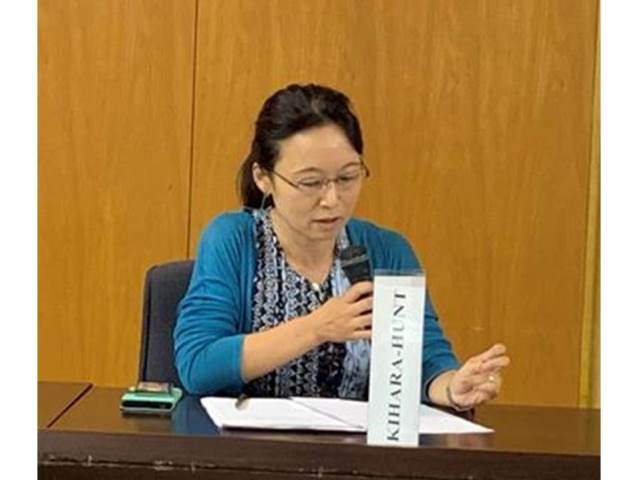
Dr. Ai Kihara-Hunt, Associate Professor of the University of Tokyo questioned how genuinely Timorese leaders represented people of Timor-Leste, especially victims, when they opted for reconciliation without prosecution. She stated that this was based on her work since 1999 in the Timorese community including daily communication with Timorese women. This is particularly important in a community where people follow leaders more than the law and rules.
I was working with UNMIT for 6 years as Director of Democratic Governance Support Unit. Democratic governance has two pillars – promotion of democracy and improvement of state management. I think that value of democracy has been well accepted by leaders and people in TL, and it is unlikely for TL to go back to domestic turmoil. However, from the viewpoint of state management, I assume that corruption has been prevailing and capacity of government officials are still very limited. What is the current situation? Also, why can’t Timorese economy develop despite ample oil revenue? I think that national development strategy is not adequate and infrastructure is not developed enough. Regarding the management of private companies, it seems that good Timorese managers, financial resources and human resources are insufficient. What is the unemployment rate? Also, language may be a bottleneck in attracting foreign direct investment. Finally, I would like to ask the Japanese government to continue supporting TL in civil education to foster democracy and human resource development to improve capacity of government officials.
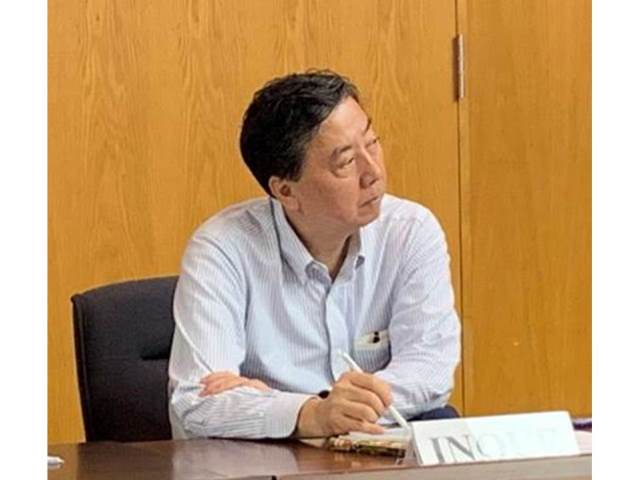
I was working with UNMIT for 6 years as Director of Democratic Governance Support Unit. Democratic governance has two pillars – promotion of democracy and improvement of state management. I think that value of democracy has been well accepted by leaders and people in TL, and it is unlikely for TL to go back to domestic turmoil. However, from the viewpoint of state management, I assume that corruption has been prevailing and capacity of government officials are still very limited. What is the current situation? Also, why can’t Timorese economy develop despite ample oil revenue? I think that national development strategy is not adequate and infrastructure is not developed enough.Regarding management of private companies, it seems that good Timorese managers, financial resources and human resources are insufficient. What is the unemployment rate? Also, language may be a bottleneck in attracting foreign direct investment. Finally, I would like ask the Japanese government to continue supporting TL in civil education to foster democracy and human resource development to improve capacity of government officials.
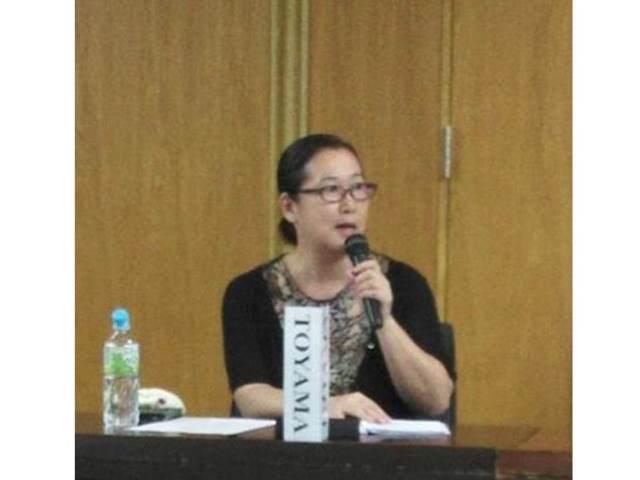
Ms. Toyama mentioned that she will start working as a First Secretary in the Embassy of Japan in Timor-Leste from August. She asked about the implications of conflict between eastern and western Timorese. She had observed violent conflict between military and police which had escalated into armed conflict between the easterners and the westerners of the entire nation in 2006 when she worked as a field coordinator of humanitarian emergency relief activities. International aid workers in Dili protected eastern Timorese by isolating them from westerners’ communities in Dili. She asked whether such division still remained or not. In response, Ambassador Minami explained that current Timorese tend to refrain from identifying people as the easterners and the westerners.
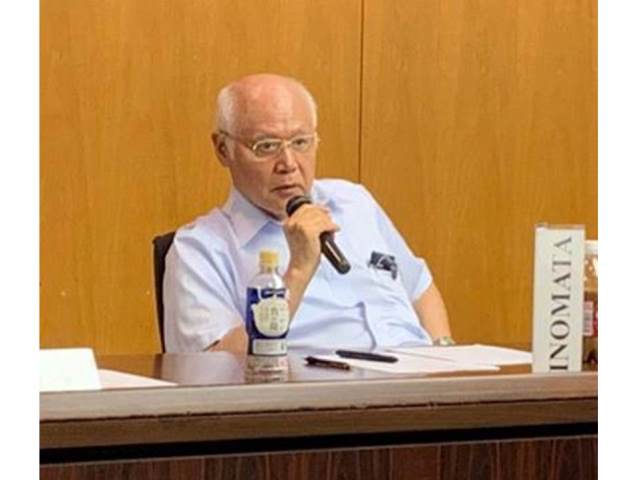
It is significant that East Timor insisted on establishing SDG 16 (promotion of a peaceful and inclusive society and rule of law) in the formation of the 2030 Sustainable Development Agenda. This reflects the national experience that this country has achieved national reconciliation after turmoil like Colombia, the advocate country of the 2030 Agenda. It remains to be seen how East Timor will achieve SDGs under the 2030 Agenda in the future. In addition, it also remains to be seen How the development of hydrocarbon resources such as oil in the country will fits the trend of global decarbonization envisaged in SDGs?
What are the security challenges for East Timor? How will the country be involved with regional security organizations for its national security, including maritime security?
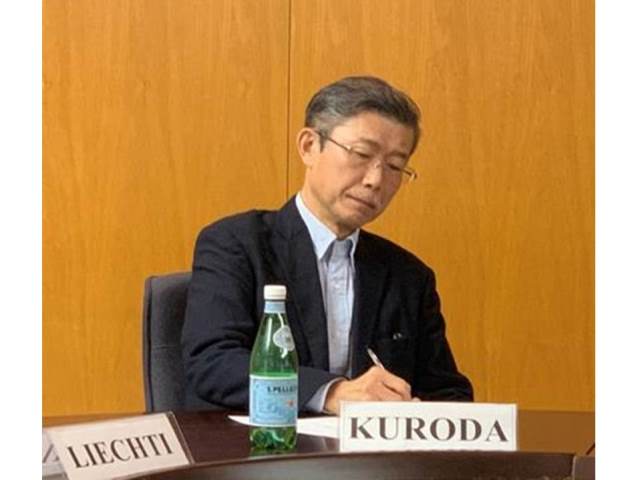
Kazuyoshi P. Kuroda, a member of Japan International Peacebuilding Association, former UN staff in East Timor, worked for UNAMET as well as UNTAET, United Nations Transitional Administration in East Timor from 1999 referendum until 2002. Anti-Referendum Militias attacked at poll station in Ermera on Polling day in August 1999, and he got shot and wounded by the stones and bullets from handmade weapons. During this attack, one of the East Timorese Polling officials missed her runaway, then Kuroda covered up to protect her from the bullets and stones. Polling Station was destroyed but reopened, and the residents returned to cast their vote. It was very impressive scene showing of strong willingness of people voting for the future. Since after Kuroda left his assignment with UNTAET, He has been away from East Timor working in the Middle East (Palestine, Israel and Egypt) in those years. But he was realized that the achievements of East Timorese and International cooperation to sustain dream of Independence of country as a great challenge in human history, through today’s ambassador’s precious sessions and discussions. Kuroda appreciated that it was an opportunity to get involved in earlier stage like operations of referendum in East Timor. In addition, the polling staff protected by him at the attack on polling day, later had the opportunity to come to Japan for training. Kuroda wished to make an emphasis again of his appreciation to the Ambassadors and every quarters for a series of assistance.
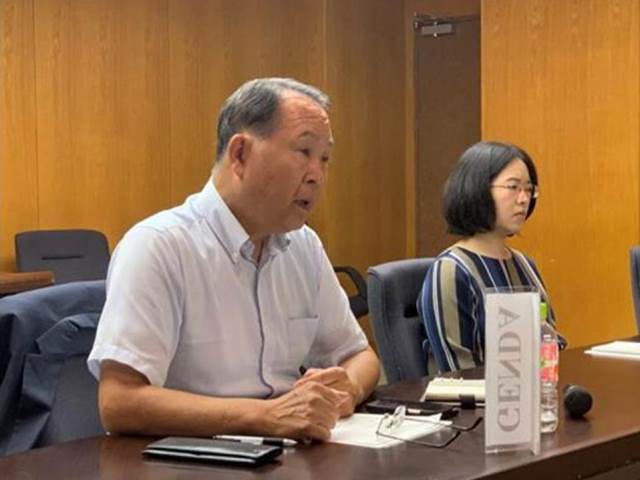
General Genda noted the implications of Timor-Leste`s membership in ASEAN and the need for regulating fishing activities in the neighboring seas.
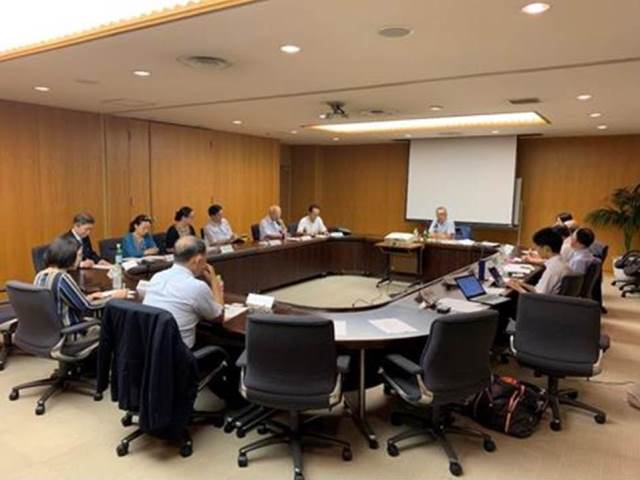
Sukehiro HASEGAWA
At the end of the discussion, Mr. Hasegawa expressed his appreciation of several insightful points made during the presentation by Ambassador MINAMI and the fruitful exchange of views among the participants. He then identified four points as important that emerged during the debate. First, he pointed out that there was a difference between the need for the United Nations to defend “justice” and the point where the Security Council can be judged from the political security aspect regarding the reconciliation between Timor-Leste and Indonesia. Second, the success of the “reconciliation” was due to not only the decision and efforts made the leaders of Timor-Leste but also the leaders of Indonesia, especially Susilo Bambang Yudhoyono, who was the president at that time. And it can be said that Japan, China and Korea can learn from the successful reconciliation between Timor-Leste and Indonesia. Third, the strength of leadership that existed to establish independence and democracy and the qualities of leaders who achieve sustainable development and economic growth are not necessarily the same. Hasegawa also mentioned what the local leaders expected of the ambassadors and diplomats who reside in Timor-Leste. When Ramos-Holta was the president, he wanted Japan to help Timor-Leste build infrastructure and human resource. Minister Agio Pereira, who currently plays the role of Chief Cabinet Secretary, recently indicated the Japanese ambassadors should have sensitivity about Timor-Leste’s multi-ethnic and multi-cultural society and deep understanding of history. He would appreciate the Japanese ambassador to encourage cultural exchanges of peoples of Japan and Timor-Leste and promote sports and Japanese music events.